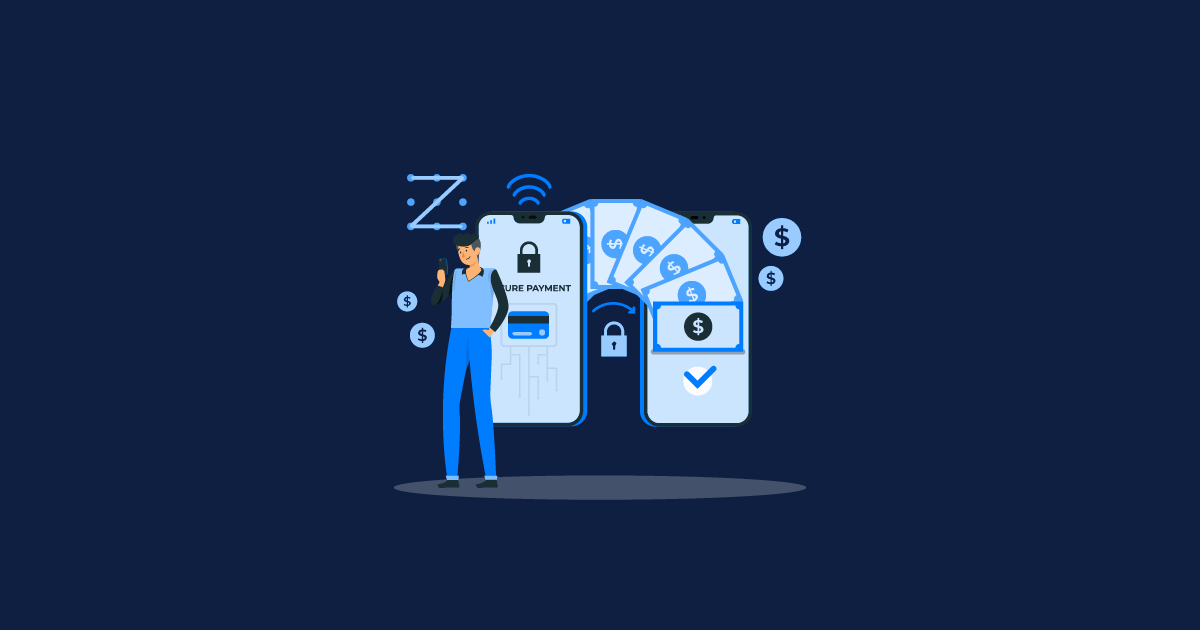Understand the power of Functional Testing Services in optimizing efficiency and cost-effectiveness. Learn how this essential practice can lead to significant time and cost savings over the long term.
In 2012, Knight Capital Group lost $440 million in 30 minutes due to ‘Trading Glitch’ in their software. The company says it was due to poor software development and testing models.
A high-frequency trading algorithm was in the software’s code that allowed for the quick purchase and sell of large numbers of stocks in a short period of time. However, due to a software bug, this investment turned into a failure.
A technology expert at Knight Capital Group says that it was due to the standard rush to production without proper testing. Knight never truly recovered back and eventually was acquired by a rival less than a year later.
This instance serves as clear evidence that many software development companies find software quality assurance services and functional testing services to be time-consuming and costly. But it is the most valuable and critical phase of software development for any product to be successfully delivered. Thus, functional testing is an opportunity to improve your software product as much as you can before the final delivery.
Functional Testing Benefits
It guarantees the customer or end-user is satisfied.
It deploys software products without errors.
It guarantees that all requirements are met.
Long-term cost savings with functional testing.
It ensures that all features and functionalities of an app or software product function correctly.
It assures security and safety.
It elevates product quality.
It diminishes potential risks and losses linked to the product/software.
Risks of Neglecting Functional Testing in Software Products
Software defects escalation
User dissatisfaction & attrition
Increase in maintenance costs
Legal and compliance risks
Project delays and overruns
How to Avoid These Risks?
Avoiding the risks associated with not conducting functional testing in a software product requires a proactive and comprehensive approach to quality assurance. Here are steps you can take to mitigate these risks:
Implement a robust testing strategy
Set clear requirements
Adopt test automation
Perform regular regression testing
Leverage user-centered design
Prioritize Risk-Based Testing
Implement Continuous Integration and Continuous Deployment (CI/CD)
Document and Track Defects
Conduct Post-Release Monitoring
By actively addressing these risks and implementing a functional testing strategy, you can significantly reduce the likelihood of software failures, enhance user satisfaction, and contribute to the overall success of your software development projects.
What is the Actual “Cost of Software Products” and How Does it Affect the Companies?
Functional testing has a direct impact on the cost of software products. So, the better at testing optimization you and your team are, the better business value you get. On the other hand, a lack of testing teams or ineffective functional testing processes leads to poor software quality, which eventually affects customer experiences.
Functional testing, when carefully executed, provides good results, such as quantifiable measures of project success, faster time to market, high-quality products, positive customer feedback, and insights into areas that require improvement. On the other hand, poor functional testing costs companies money and time. An inadequately designed mobile app, for instance, has a detrimental impact on both financial resources and brand image, necessitating substantial rework to transform it into a valuable solution.
Adopt a Functional Software Testing Strategy for Your Business!
Understanding the potential pitfalls associated with inadequate or minimal testing, it becomes imperative to formulate a testing approach that aligns with your business needs. If your business's core competency is not in software testing, it is advisable to partner with the best software testing company and prepare a strategy based on your business needs, contexts and future goals.
When it comes to testing, there's no universal formula that suits all situations. The testing strategy you devise should seamlessly integrate with your business's short and long-term objectives, as well as your technological considerations. Here, are some key advantages of having a well-aligned testing strategy:
Enhanced quality
Increased productivity and accelerated release cycles
Reduce maintenance and support costs
Better customer satisfaction and experience
Improved engineering productivity and many more.
Conclusion:
Customer trust and brand reputation is not easy to earn, especially if your software product is full of glitches and not functioning properly. Imagine if you are a user of any software product or an app that is full of errors and glitches that prompted you to uninstall the app and spread a word to other users to not use it. This can cause a huge loss to the business and affect the reputation. The market is so competitive these days that a good first impression is crucial; otherwise, customers will choose another product that suits their demands.
All of these can be avoided if you spend time testing at the early stages of software product development because providing the most valuable product in this competitive industry will set your company apart.



